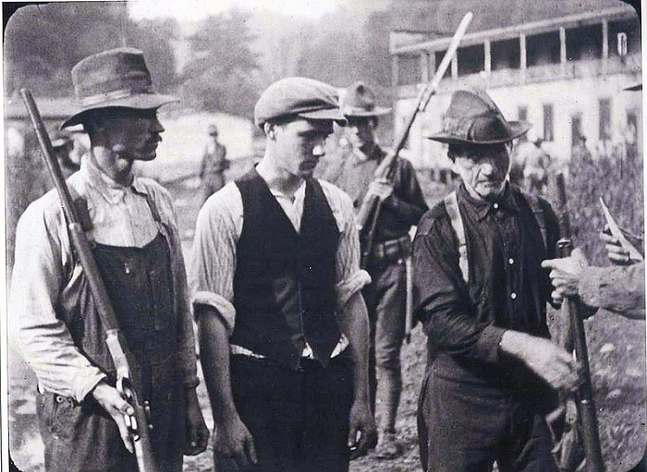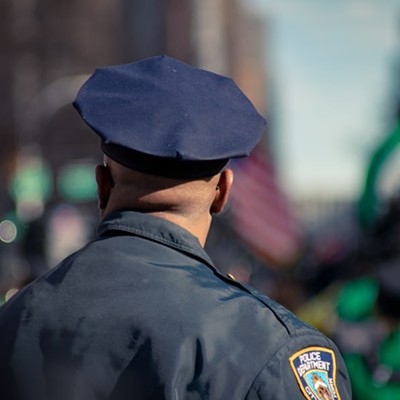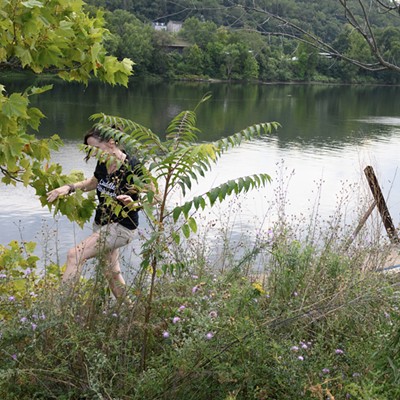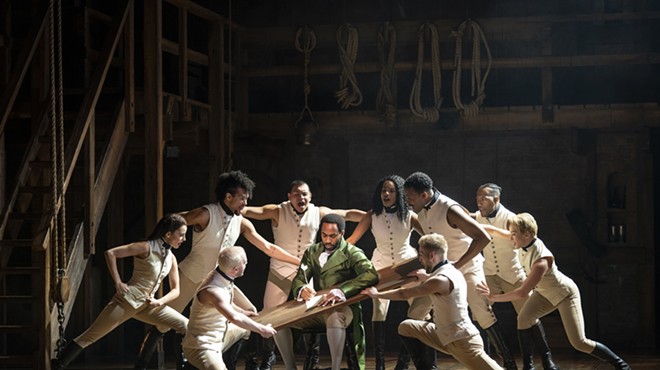
While the labor organizing actions of mine workers from a century ago may not seem relevant today, union organizers from the time period shaped contemporary labor laws, and their influences continue to permeate U.S. workplaces.
The locally based Battle of Homestead Foundation will explore these connections in “Battle of Blair Mountain, 1921 ... What It Means for Working People in 2021,” an online program hosted on Zoom on Thu., Aug. 19, from 7:30-9 p.m. The program, which is free with registration, will feature Phil Smith of the United Mine Workers of America as moderator, along with four historians and authors as they discuss the battle’s impact on the U.S. labor movement over the last century.
“The story of Blair Mountain pulls back a dark curtain on an important part of American history most of us haven’t heard about,” says Battle of Homestead Foundation president John Haer. “Our panelists will provide insights for working people today faced by many of the same labor grievances and corporate abuses that sparked the original Battle of Blair Mountain in 1921.”
The labor violations that led to the Battle of Blair Mountain began years prior, as coalfields in several West Virginian counties operated under a company town system, where workers had to lease their tools and were paid low wages with company currency that could only be used at company stores.
Companies intimidated and coerced workers out of joining union groups such as the United Mine Workers, of which Smith is now the director of communications and governmental affairs, and hired private detectives to harass and evict striking miners.
After the shooting of a pro-union sheriff, about 7,000 miners traveled through Logan County, West Virginia, en route to confront coal companies and free union miners imprisoned in the neighboring county. An anti-union sheriff had raised an army of 3,000 state police, deputies and citizen militiamen, and created a network of machine gun nests and trenches along Blair Mountain with the intent of stopping the miners from passing through Logan County.
In addition to the homemade explosives dropped on union miners, President Warren G. Harding called in federal troops, leading to the end of the battle that left an estimated 20-100 people dead. One of the explosives that did not detonate was later used as evidence of the government and companies’ brutality to acquit a union leader accused of treason.
The panel will explore the continued legacy of the biggest pitched battle — referring to an encounter on a prearranged battleground — on U.S. soil since the Civil War. All four panelists are members of the West Virginia Mine Wars Museum, which preserves and uplifts the voices of those who fought for labor rights in the Mine Wars, of which the Battle of Blair Mountain was a part.
History professor Chuck Keeney, NPR radio producer Catherine Moore, author Shaun Slifer, and longtime black lung movement chronicler Barbara Ellen Smith bring a variety of academic, professional, and personal expertise on the subject. Keeney and Moore have both published books on the Mine Wars, and in addition to being a professor at Southern West Virginia Community and Technical College, Keeney is the great-grandson of one of the key figures of the Battle of Blair Mountain, labor leader Frank Keeney.
Battle of Blair Mountain, 1921 ... Significance for Working People Today
Thu., Aug. 19, 7:30-9 p.m. battleofhomestead.org


















